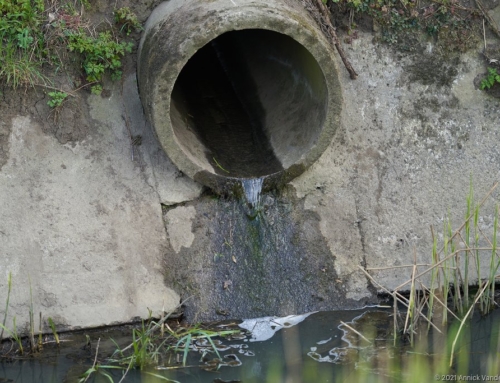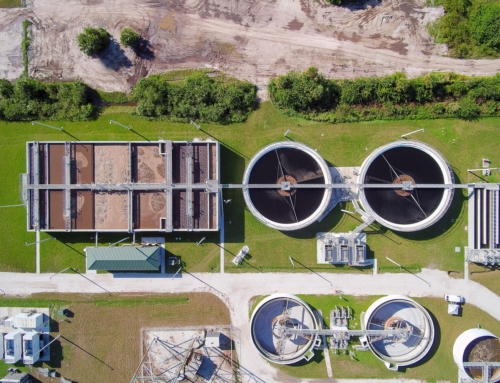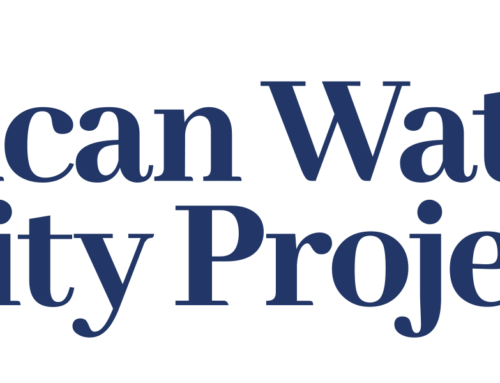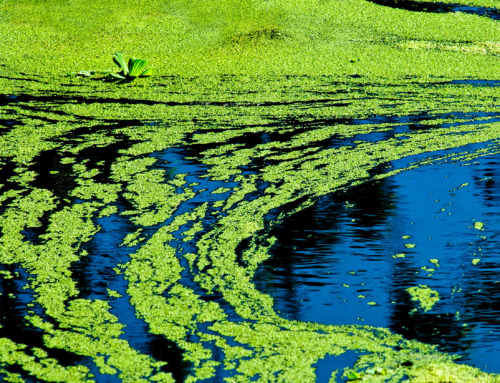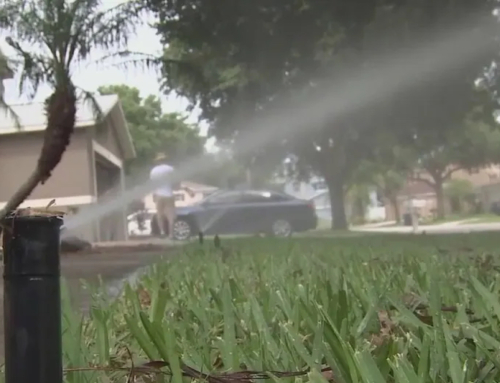 |
|
| FOR IMMEDIATE RELEASE | Contact: Terry Gibson, American Water Security Project |
| Phone: (772) 285-7683 | |
| Email: tgibson@awsproject.org | |
Governor Signs Foundational Water Resource Bills
AWSP applauds the passage of the Clean Waterways Act
and the Environmental Accountability Act.
[St Petersburg, Florida; June 30, 2020] — Today, Florida Governor Ron DeSantis signed the Clean Waterways Act and the Environmental Accountability Act into law. The American Water Security Project (AWSP) thanks him for signing laws that will dramatically improve the quality of state waters, as well as increase fresh water supplies for purposes such as rehydrating wetlands and irrigation. The laws demonstrate a commitment from the Florida legislature and the administration to improve water quality that is contributing to degradation of water resources and harmful algal blooms.
“The Clean Waterways Act provides the FDEP with a regulatory roadmap to reduce urban and rural point and non-point source nutrient pollution and improve the quality of water resources throughout the State of Florida,” said AWSP Science Director, Dr. Peter Barile.
“The Environmental Accountability Act dramatically increases fines for sewage and other sources of pollution,” said AWSP Government Affairs Director, Terry Gibson. “Utilities can no longer afford to act like paying fines to the Department of Environmental Protection is just the cost of doing business with antiquated, inadequate wastewater infrastructure.”
Importantly, the Clean Waterways Act strengthens FDEP’s mandate to regulate local wastewater utilities in urban and rural settings.
“This regulatory mandate would deter municipally-owned utilities from raiding revenues and savings that should be dedicated to wastewater infrastructure repairs and upgrades,” said Dr. Brandon Shuler, AWSP Executive Director. “Using those funds for other projects is a statewide problem, but new reporting requirements and mandatory maintenance and improvement plans would encourage cities such as St. Petersburg, Fort Lauderdale, and Jacksonville to spend money on projects that improve treatment and reduce spills while preparing them for larger volumes of sewage due to population growth.”
“When sewage is dumped into neighborhoods and adjacent waters, it typically gets dumped in low income areas inhabited by minorities, as we’ve seen in St. Petersburg,” said AWSP Projects Manager, Magaly Fuentes. “Working in tandem, these two bodies of law will help protect communities of color from the dangers of sewage pollution.”
The Clean Waterways Act also transfers the regulatory authority of septic tank permitting from the Department of Health to the Department of Environmental Protection, the agency directly responsible for reducing nutrient pollution. And, it creates a wastewater grant program that would allocate funds for significant septic-to-sewer upgrades, and other improvements of existing infrastructure around the state. The Senate also provided a separate grant-funding opportunity for improving wastewater infrastructure in rural areas of the state.
“Septic tanks have destroyed the Indian River Lagoon’s habitats, water quality and fisheries. They are also one of the aquaculture industry’s greatest threats. All over the state, we are growth limited by coastal nutrient enrichment and pathogens from upland sources such as septic tanks,” said Dr. Nicole Kirchhoff, an AWSP Science Advisory Panel member and owner of Live Advantage Bait, which raises a forage fish called a “pinfish” for sale to bait shops along the Indian River Lagoon.
Additionally, while Governor DeSantis faced difficult decisions in budget vetoes due to economic impacts of COVID-19, his vetoes were surgical and protected the money needed to keep restoring the Everglades and remove wastewater/stormwater pollution from the most polluted areas, especially in those areas under the Basin Management Action Plans (BMAPs).
Many Florida legislators deserve credit for thoughtful work on this bill. Please know that we deeply appreciate you and your hard work.
The American Water Security Project is a coalition of business leaders, scientists, engineers, policy experts, outdoor enthusiasts, conservation advocates, and thought leaders working to promote the urgent need for wastewater infrastructure upgrades to protect waters and water bodies around the country. The coalition educates on the negative effects of wastewater spills and dumps to residents, businesses and tourism, communicates the social and ecological values of proper wastewater treatment and advocates for remedies to correct the deficiencies. The American Water Security Project is a registered 501(c)3.
###
If you would like more information about this topic, please call Terry Gibson, Government Affairs Director at (772) 285-7683, or email tgibson@awsproject.org.

